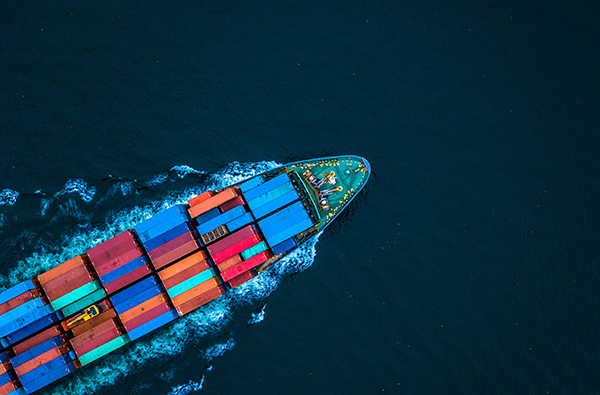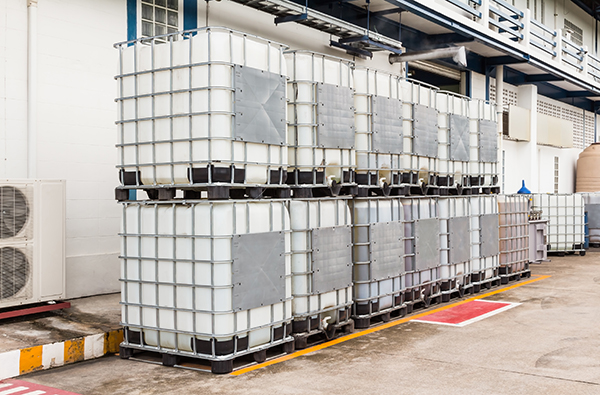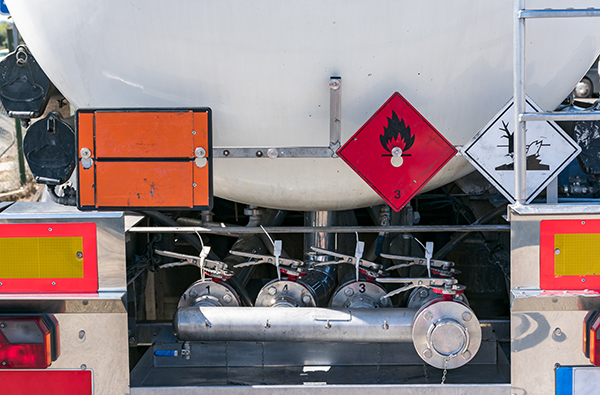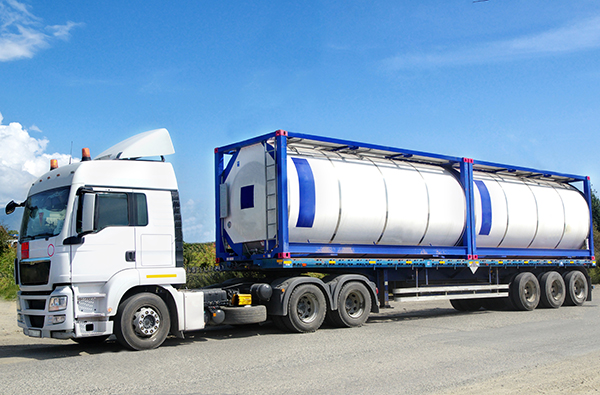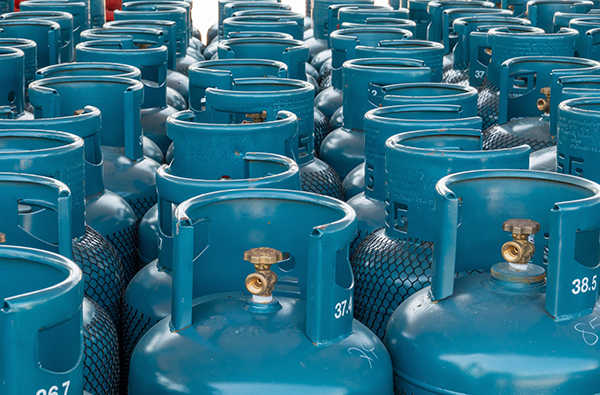Dangerous Goods
Our Dangerous Goods Office is the UK authority for the certification of packaging and intermediate bulk containers used for the transport of dangerous goods, in accordance with national and international regulations.
We are also responsible for the appointment of suitable test and inspection bodies to conduct initial and periodic inspections of tanks and pressure receptacles in accordance with ADR, TPED and the UK carriage regulations.
We operate a telephone and email enquiry service on behalf of the Department for Transport (DfT) and undertake several other functions in connection with the UN based dangerous goods transport regulations.
Dangerous goods (often called hazardous materials in the USA) may be pure chemicals, mixtures of substances, manufactured products or articles which can pose a risk to people, animals or the environment if not properly handled in use or in transport.
Since April 2007, our Dangerous Goods Office (DGO) has been responsible for operating the UK Certification Scheme.
Under the regulations, packaging must meet or exceed minimum standards of performance before it can be authorised for the carriage of dangerous goods.
Dangerous goods which are transported by road or rail within Great Britain must comply with the requirements of The Carriage of Dangerous Goods and Use of Transportable Pressure Equipment Regulations.
Aerosol dispensers and small receptacles containing compressed gas (gas cartridges) which are filled, transported or placed on the market in the UK, must pass a leakproofness test before they are offered for carriage.
Information relating to the inspection and testing of LPG, steel and aluminium cylinders.
Our annual event which covers a wide range of issues connected with the handling, consigning and transport of dangerous goods.
Certificates for Approved Dangerous Goods Packagings are issued on the basis of test reports received from UKAS accredited test stations (for Dangerous Goods Packagings) in the UK.
The scope and extent of any appointee’s capability should be established by reference to their UKAS schedule of accreditation and/or directly with the body concerned.
The regulations require the packaging supplier to provide the user with all the information necessary to enable them to prepare the package for transport in accordance with the approved specification.
At least once every five years, the certification of each UN approved packaging type must be re-validated.
View our costs and charges here
The UN Testing and Certification Certification System.
VCA Guidance and Technical Bulletins – Guidance on the Interpretation of ADR Chapter 6.10 for Vacuum Operated Waste Tanks The Department for Transport Dangerous Goods Division (DfT DGD) and VCA DGO have provided their interpretation on a number of issues…
In October each year, registered holders of Dangerous Goods Packaging Certificates will receive an invoice for the renewal of their approval(s) for 12 months commencing 1st January the following year.
The Dangerous Goods Office team offer specialist training courses which can be undertaken on your premises.
Certain dangerous goods may be carried in bulk in containers that have been approved in accordance with the Convention on Safe Containers
Arrangements for the appointment of bodies for tank inspection may be found HERE (PDF) Applicants must be accredited to EN ISO17020:2012, “General Criteria for the Operation of Various Types of Bodies Performing Inspection”, by the United Kingdom Accreditation service (UKAS)…



